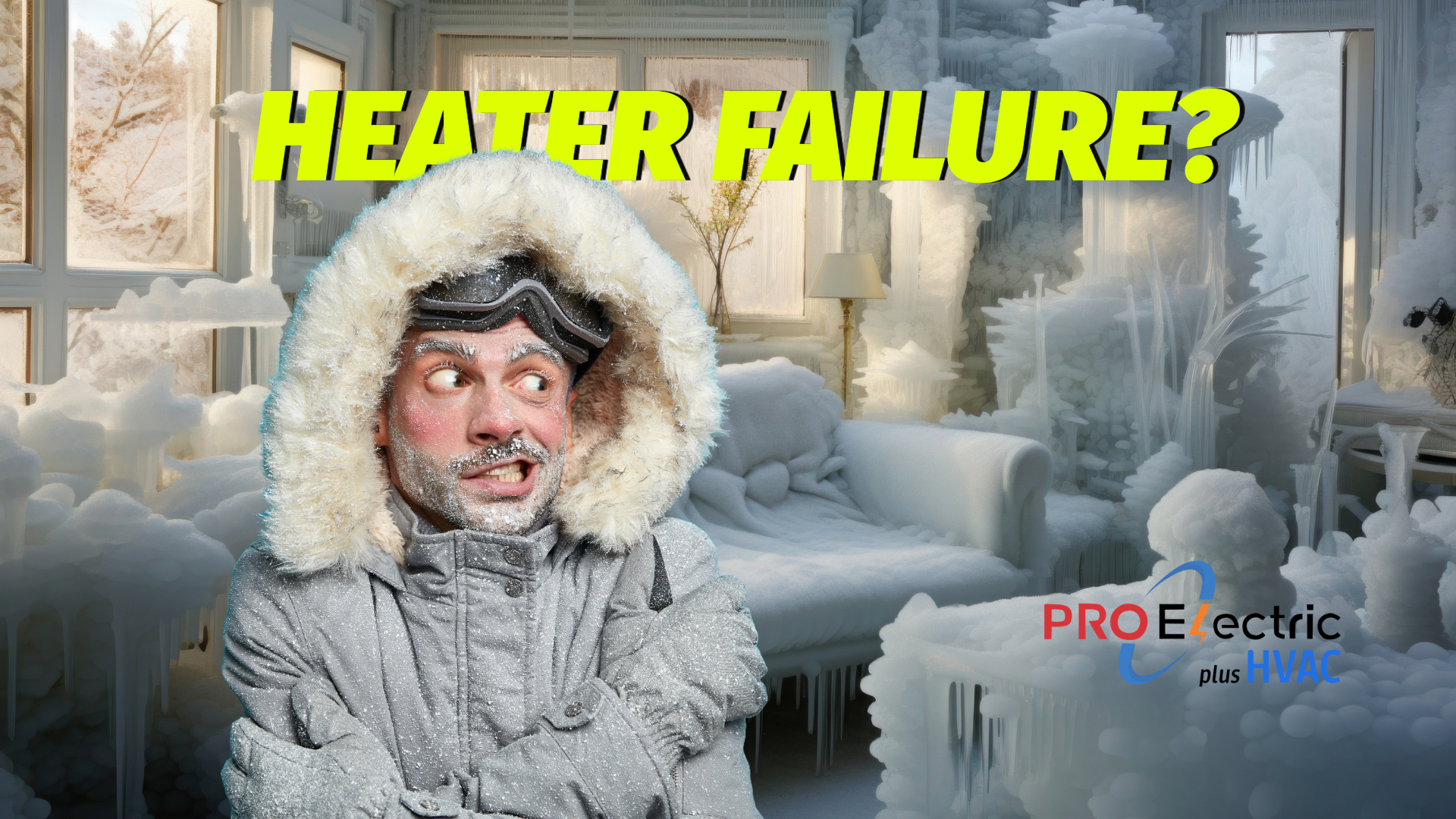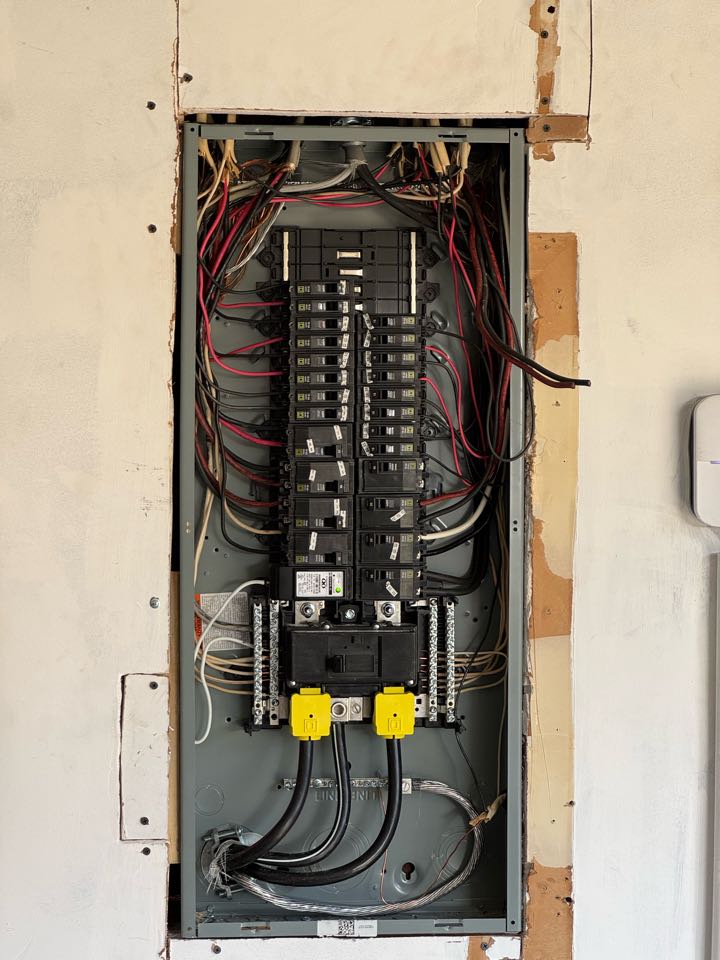Frequently Asked Questions
Can a furnace be repaired?
A furnace can often be repaired. Professional technicians can diagnose issues, replace faulty components, and restore your heating system to ensure it operates efficiently, especially during emergencies.
Can an old furnace be repaired?
An old furnace can often be repaired depending on the extent of the damage and the availability of replacement parts. Consulting with a professional can help determine if repair is a viable option for your heating system.
What signs indicate furnace repair is needed?
Signs that indicate furnace repair is needed include unusual noises, poor heating performance, higher energy bills, and frequent cycling on and off. If you notice any of these issues, it's advisable to seek professional assistance promptly.
How often should a furnace be serviced?
Furnaces should be serviced annually to ensure optimal performance and efficiency. Regular maintenance helps prevent issues and extends the lifespan of your heating system.
What repairs can extend a furnaces lifespan?
Repairs that can extend a furnace's lifespan include regular maintenance, such as cleaning or replacing filters, fixing faulty thermostats, addressing duct leaks, and scheduling annual professional inspections to catch potential issues early.
Are there benefits to repairing an old furnace?
The benefits of repairing an old furnace include extending its lifespan, improving energy efficiency, and saving on replacement costs. With a skilled service, you can ensure reliable heating while maintaining comfort without needing a costly new unit.
How to determine if a furnace is fixable?
Determining if a furnace is fixable involves assessing its age, the extent of repairs needed, and the cost of repairs compared to replacement. A professional evaluation can provide clarity on the best course of action.
What type of furnace repairs are common?
Common furnace repairs include fixing pilot lights, replacing faulty thermostats, addressing blown fuses, and repairing issues with ignition systems and airflow. These repairs ensure efficient heating and optimal performance of your furnace.
When is it better to replace than repair?
When it's better to replace than repair depends on factors such as the age of the system, repair costs compared to replacement, and the frequency of breakdowns. If your heating system is over 10-15 years old and needs frequent repairs, replacement is often the more economical choice.
Can a furnace repair be done DIY?
Furnace repairs can sometimes be done DIY, but it is often risky due to safety concerns and the complexity involved. For the best results and to ensure safety, it's recommended to call a professional, especially for emergency repairs.
What warranties cover furnace repairs?
Warranties for furnace repairs typically include manufacturer’s warranties, which cover parts for a specific period, and service warranties offered by HVAC companies, which may cover repair labor and additional services for a set duration.
How long do furnace repairs typically take?
Furnace repairs typically take anywhere from one to several hours, depending on the complexity of the issue and the availability of parts. Our skilled technicians at PRO Electric plus HVAC strive to complete repairs efficiently to restore your heating promptly.
What tools are needed for furnace repair?
The tools needed for furnace repair include a multimeter for electrical testing, wrenches for fitting adjustments, screwdrivers for component access, and a flashlight for better visibility. Safety gear, like gloves and goggles, is also essential.
How can I find a furnace repair expert?
Finding a furnace repair expert involves searching for licensed and experienced HVAC technicians in your area. You can start by checking online reviews, asking for recommendations from friends or family, or contacting local companies like PRO Electric plus HVAC for reliable emergency services.
What’s the average cost of furnace repair?
The average cost of furnace repair typically ranges from $150 to $500, depending on the complexity of the issue and the required parts. It's essential to get a detailed estimate to understand the specific costs involved.
Are old furnaces safe to repair?
Old furnaces can be safe to repair, but it depends on their condition and age. A professional technician should assess them to determine if repairs are feasible and to ensure safety and efficiency.
What is the repair process for furnaces?
The repair process for furnaces involves diagnosing the issue, assessing the necessary repairs, and then carrying out the required fixes to restore heating functionality. Technicians typically check components, test systems, and ensure everything operates efficiently.
Which parts are often repaired or replaced?
The parts that are often repaired or replaced in heating systems include thermostats, igniters, heat exchangers, and blower motors. Regular maintenance helps ensure optimal performance and extend the lifespan of these components.
How can I prevent furnace repairs?
Preventing furnace repairs involves regular maintenance, such as changing filters, scheduling annual inspections, and ensuring proper ventilation. These proactive steps can enhance efficiency and extend your furnace's lifespan, reducing the likelihood of unexpected breakdowns.
What factors affect repair costs for furnaces?
The factors that affect repair costs for furnaces include the type and age of the furnace, the complexity of the repair, labor rates in your area, and the cost of replacement parts.
Is it worth repairing a 15-year-old furnace?
Determining whether to repair a 15-year-old furnace depends on its condition and repair costs. If repairs are frequent and expensive, investing in a new, energy-efficient model is often more beneficial in the long run.
How to troubleshoot common furnace issues?
Troubleshooting common furnace issues involves checking the thermostat settings, confirming power supply and fuel sources, inspecting the air filter for clogs, and examining vents for blockages. These steps can help identify and resolve basic furnace problems effectively.
Can regular maintenance reduce furnace repair needs?
Regular maintenance can significantly reduce furnace repair needs. By ensuring your system runs efficiently and addressing minor issues early, you can prevent costly breakdowns and extend the lifespan of your furnace.
What qualifications should a furnace technician have?
The qualifications a furnace technician should have include relevant certifications, such as NATE or EPA certification, a high school diploma, technical training in HVAC systems, and practical experience in furnace repair and maintenance.
How can I get a furnace repair estimate?
To get a furnace repair estimate, simply contact PRO Electric plus HVAC in Alexandria, VA. Our team will assess your situation promptly and provide a detailed estimate for the necessary repairs, ensuring transparent pricing and swift service.
What are the risks of ignoring furnace repairs?
The risks of ignoring furnace repairs include reduced efficiency, higher energy bills, and potential system breakdowns, which can lead to costly emergency repairs and unsafe conditions. Prompt attention to issues ensures safety and maintains optimal performance.
Are there financing options for furnace repairs?
Financing options for furnace repairs are available to help ease the cost burden. At PRO Electric plus HVAC, we offer various plans to fit your budget, ensuring you can stay warm without financial stress.
What should be included in a furnace repair quote?
A furnace repair quote should include a detailed breakdown of labor costs, parts needed for the repair, any additional fees, and warranty information. This transparency helps ensure that customers understand their expenses and the scope of the work.
What maintenance can reduce repair frequency?
Regular maintenance, such as changing air filters, cleaning ducts, and scheduling annual professional inspections, can significantly reduce heating system repair frequency, ensuring optimal performance and longevity.
How to ensure quality in furnace repairs?
Ensuring quality in furnace repairs involves hiring certified technicians, using high-quality parts, and following industry standards. Regular maintenance and prompt response to issues also contribute to the overall reliability and efficiency of your heating system.




